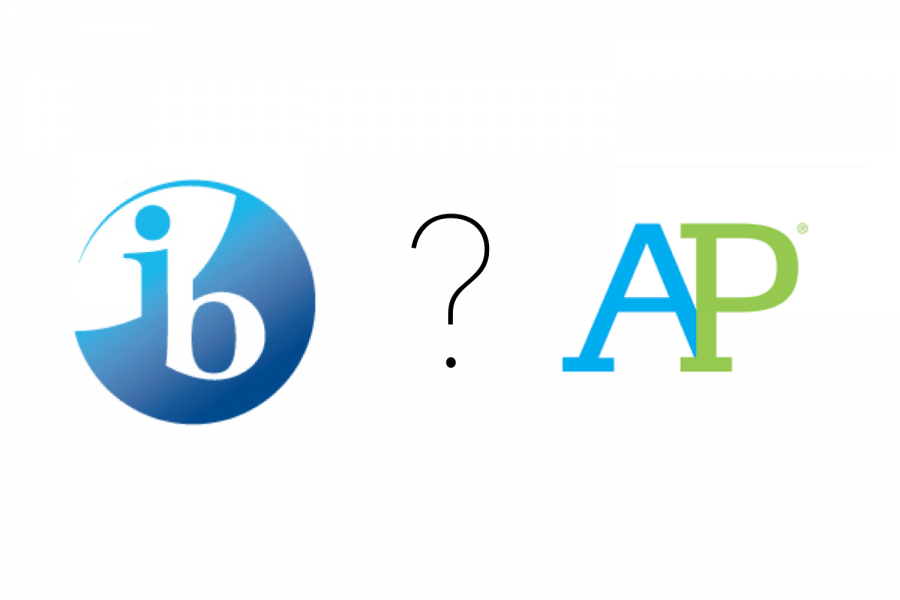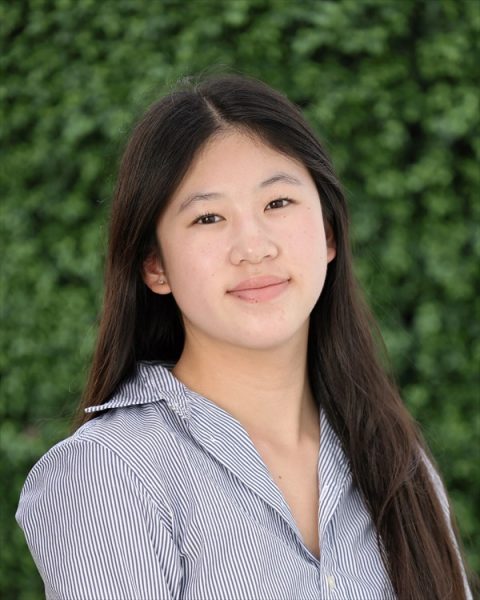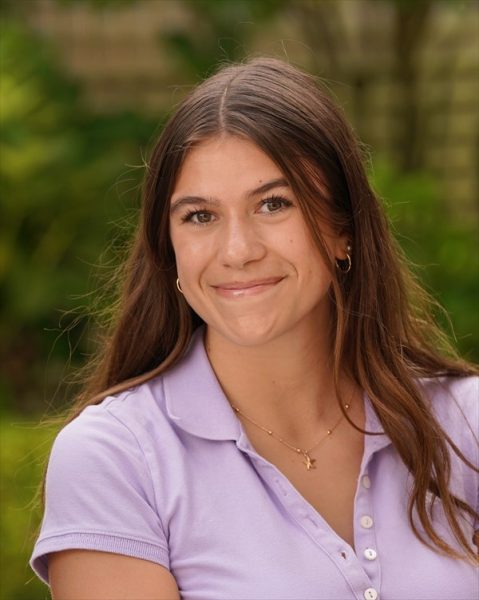Rising juniors consider AP, IB
March 15, 2016
Convent and Stuart Hall High Schools’ recent approval as International Baccalaureate World Schools requires rising juniors to make a choice between participating in the IB Diploma Programme or enrolling in a combination of regular, honors or Advanced Placement courses.
“I am planning to do IB in the fall,” sophomore Katie Thomis said. “I’ve researched a lot about the program and I think it fits really well with my learning style, because AP is much more of a fact-based program, while IB seems to be focused more on abstract thinking.”
Students who choose to participate in the Diploma Programme must take six core academic classes in addition to completing the three core elements dictated by the program, theory of knowledge; the extended essay; and creativity, activity, service.
“IB classes are like AP courses because they are both academically challenging, rigorous classes where there is a final test mandated by an outside agent,” Diploma Programme Coordinator Devin DeMartini Cooke said. “There is an outside group who ultimately has the final say in your success of the programs.
“An IB student may receive the same or similar information to an AP student in a comparable class, but they will be getting it in different ways,” DeMartini Cooke said. “However, while an AP student’s score in the program is determined solely by the AP test, the IB student’s score in the program is dependent on the final test plus other accumulated points.”
All students will receive a grade from their teachers on their Convent High School transcripts.
Students often cite that a two-year course is too big of a commitment, the 4,000-word essay is intimidating, or not being able to take certain specialized classes as reasons for not enrolling in IB.
“The dedication to take the same certain classes for two years is very intimidating for me,” sophomore Jill Hernandez said. “But mostly, I’m planning not to do IB because I want to take psychology and marine biology as an upperclassman.”
Sophomore Francesca Petruzelli concurs with Hernandez that a two-year class commitment is not something she wanted to make because alternative classes unavailable through IB have garnered her interest.
“Originally I had heard about IB helping with college admission and that was really attractive to me, but recently I decided that it wasn’t for me,” Petruzelli said. “I really want to take AP U.S. History. Even though I know that History of the Americas is somewhat similar, I just don’t think it’s right for me.”
According to a March 3 Broadview survey of the sophomores to which 26 students responded, 26 percent plan to participate in the Diploma Programme, while 4 percent are undecided and 70 percent do not plan to participate. Of those not planning to participate, 70 percent plan to take AP courses instead, and 26 percent plan to take neither IB nor AP classes.
School officials are not surprised by the relatively low, first-year enrollment numbers.
“Thirty percent was actually our goal for first year enrollment in the program,” DeMartini Cooke said. “We can talk about it a bunch, but that’s not the same as seeing your classmates go through the program, which I think will definitely increase numbers.”
Goal Two, Criteria 2 of Sacred Heart Schools mandates the school “provides a rigorous education that incorporates all forms of critical thinking and inspires a lifelong love of learning” which is what all classes offered by the school strive to do, according to DeMartini Cooke.
“Before I knew that IB was an option, I was planning to do AP just because I figured that was the next step in my academic career,” Thomis said. “Now I’m about fairly positive that I want to do IB, and that it is the right fit for me.”










